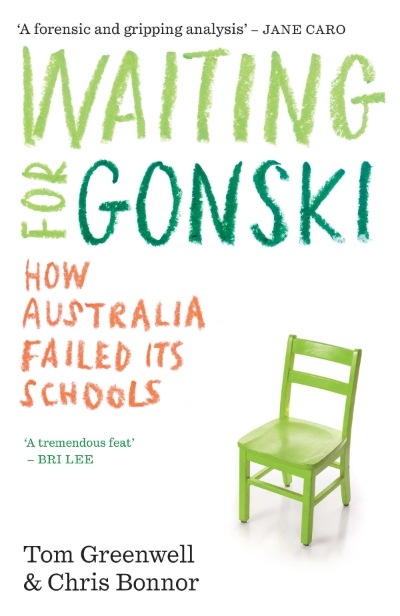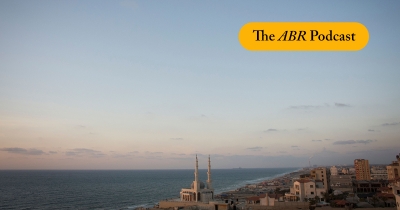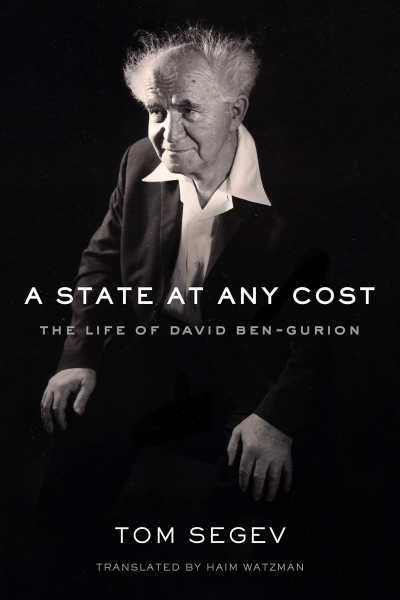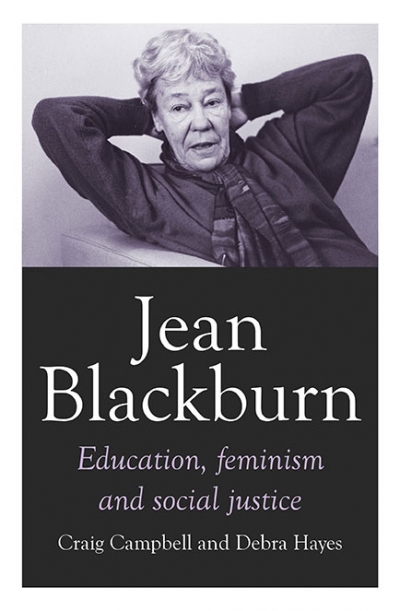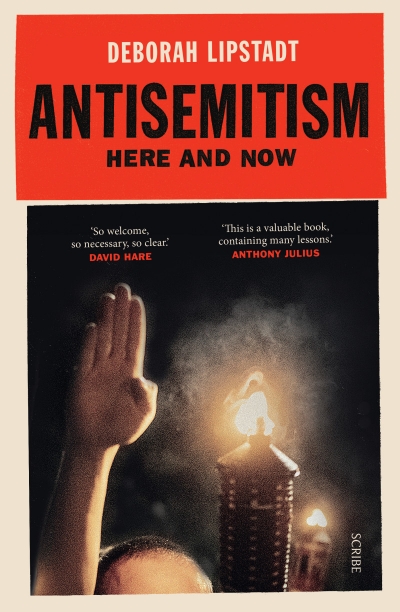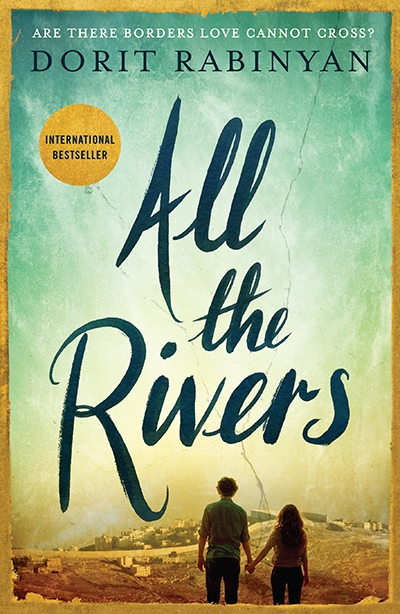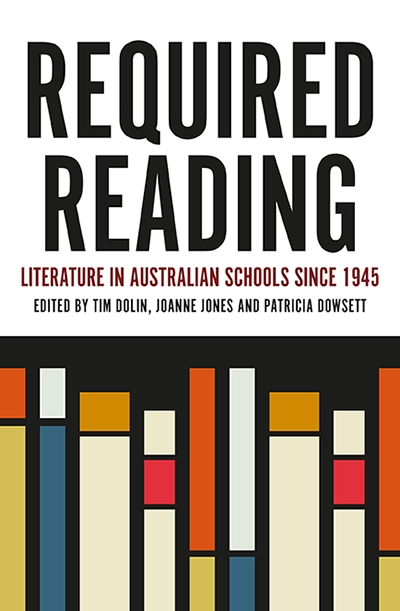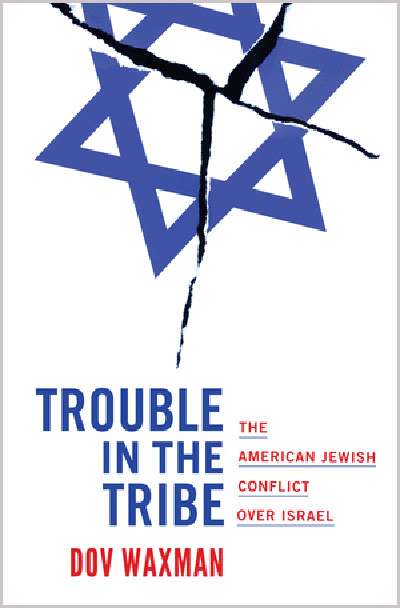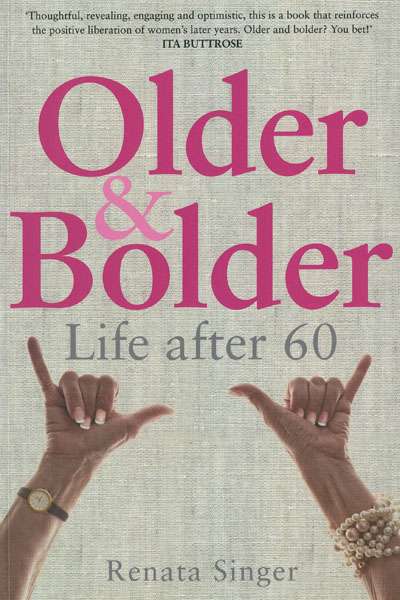Ilana Snyder
Waiting for Gonski: How Australia failed its schools by Tom Greenwell and Chris Bonnor
In today's episode, Ilana Snyder – President of the New Israel Fund Australia – places the recent turmoil in Israel and Palestine in the context of the all-too-familiar cycle of tension, violence, and ceasefire that has beset the region for decades. What might it take for there to be an enduring peace? Snyder examines this question, while also identifying what sets the most recent violence apart from previous eruptions: an increase in ‘intercommunal violence’ that ‘has pitted Jewish and Arab citizens of Israel against one another on streets where they have lived side by side for decades’.
... (read more)The Middle-East conflict is perhaps the most intractable in the world. Israelis and Palestinians have been fighting for nearly a century over the land between the Jordan River and the Mediterranean. The world has witnessed a never-ending cycle of tension and conflict, including a number of full-scale wars, with immense suffering on both sides.
... (read more)
